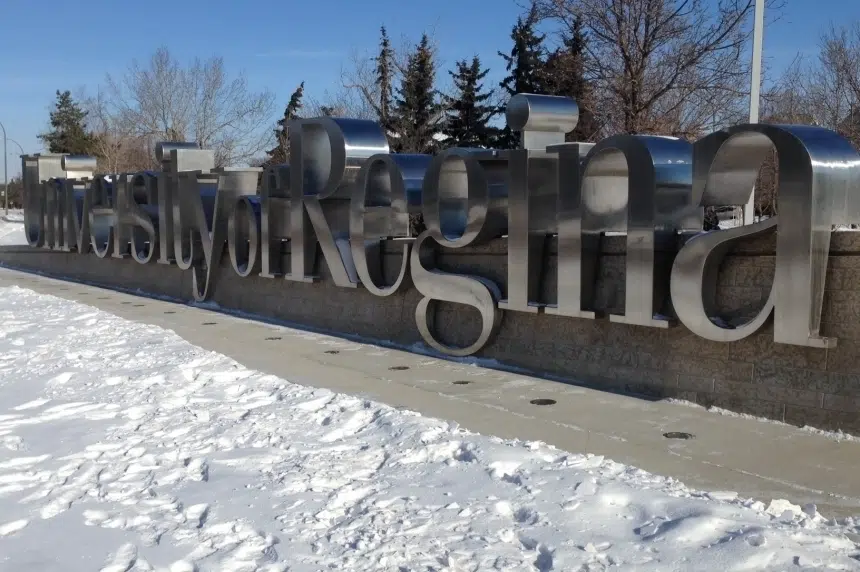The University of Regina is taking precautions in the wake of the coronavirus outbreak in China.
The university announced Monday it was cancelling all centrally organized and funded trips to China for the next three months. All of the people who were to travel to the area were informed in emails.
“As a precautionary measure the university is taking a proactive approach to ensure faculty, staff and students travelling to and from China are aware of, and take steps to mitigate, their risk of contracting or spreading the virus,” read a statement from the university.
The school said any trips to China by faculty members, researchers, staff or students that the university is funding or sponsoring must get approval from their respective dean “and must include a risk mitigation plan.”
As well, the U of R has prepared what it called “a bulletin” to give to anyone who is arriving at the university from China. It features steps the individuals should take if they start showing symptoms that may indicate they have the virus.
Later in the day, the university also sent an email to members of the campus community saying it was aware of social media posts suggesting there were people on campus who had travelled to Wuhan — the epicentre of the outbreak.
“The university has looked into this and can confirm that these rumours are unfounded,” the email continued.
The U of R said it’s monitoring the situation and will provide updates as warranted.
U of S monitoring situation; no travel bans yet
Meanwhile, the University of Saskatchewan has yet to announce travel cancelations for its faculty or community members.
In an emailed statement sent out late Monday afternoon, the school said, “The (U of S) is monitoring the situation closely, in tandem with the City of Saskatoon and the Saskatchewan Health Authority.”
It said the school has an “emergency management plan with protocols and procedures in place in the event that we need them. At this time, there are no confirmed cases of coronavirus in Saskatchewan.”
It didn’t specify what the plan and protocols are.
The U of S recommends that if a community member is to travel to an area affected by the virus, that they follow Government of Canada travel advisories.
As of Tuesday morning, those advisories indicated people travelling to China in general should exercise a high degree of caution, “due to the risk of arbitrary enforcement of local laws.”
Those intending to travel to Hubei province should avoid all travel there, “including the cities of Wuhan, Huanggang and Ezhou, due to the imposition of heavy travel restrictions in order to limit the spread of a novel coronavirus.”
The U of S said people ought to follow World Health Organization and Health Canada guidelines if traveling to an area affected by the virus: “Avoid close contact with anyone who has a fever or cough; wash your hands frequently using soap and water or alcohol-based hand sanitizer; if you experience cold or flu-like symptoms avoid close contact with others, cover your mouth and nose when you cough or sneeze and throw your tissues in the trash and wash your hands; avoid visiting live markets and contact with live animals and surfaces in contact with animals; if experiencing flu-like symptoms upon your return, or during travel, avoid contact with others and see a health care professional. Explain to them your symptoms and where you have traveled.”







